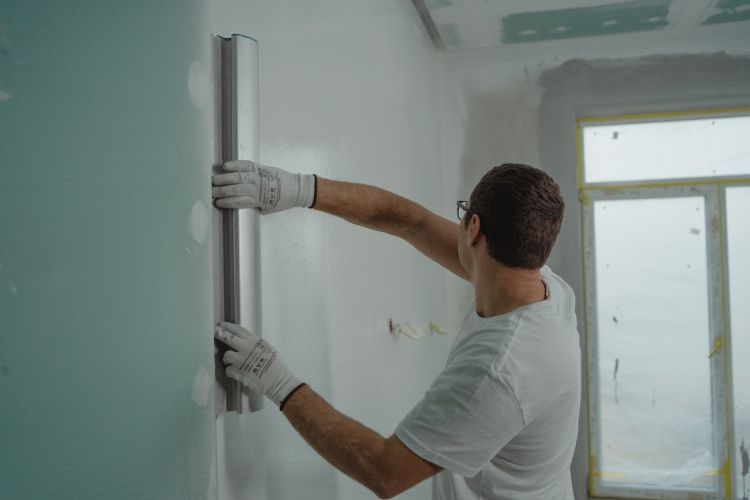
Fix-and-Flippers Make Critical Mistakes. How To Avoid Them!
Real estate fix-and-flip ventures can be lucrative, providing investors with the potential to turn a profit by renovating and selling properties at higher prices. However, this rewarding endeavor is not without its challenges. Many fix-and-flippers make critical mistakes that can lead to financial losses and project failures. In this article, we will explore five common mistakes fix-and-flippers make in real estate and offer solutions on how to avoid them.
Inadequate Market Research
One of the most common mistakes fix-and-flippers make is diving into a project without conducting thorough market research. Failing to understand the local real estate market dynamics, current property values, and demand can lead to poor investment decisions. An investor might overpay for a property, choose the wrong neighborhood, or invest in features that do not align with buyer preferences.
Fix: To avoid this mistake, conduct comprehensive market research before purchasing any property. Analyze recent sales data, current market trends, and the overall economic climate of the area. Understand the target audience and their preferences. A successful fix-and-flip begins with a solid understanding of the local market.
Underestimating Renovation Costs
Another critical mistake is underestimating the costs associated with renovations. Inaccurate budgeting can lead to cost overruns, strained finances, and even abandoning the project midway.
Fix: Create a detailed budget that includes all renovation expenses, from materials and labor to permits and contingency funds. Obtain quotes from reliable contractors and factor in unexpected costs that may arise during the renovation process. Being prepared for contingencies can help keep the project on track financially.
Ignoring Legal and Regulatory Requirements
Fix-and-flippers must adhere to various legal and regulatory requirements, including building permits, zoning regulations, and local ordinances. Neglecting these essential aspects can result in fines, delays, and costly legal battles.
Fix: Before starting any renovation work, familiarize yourself with all the legal and regulatory requirements in the area. Obtain the necessary permits and ensure compliance with local building codes. Working with experienced professionals, such as real estate attorneys or contractors familiar with local regulations, can help you navigate these challenges.
Overestimating DIY Abilities
Some fix-and-flippers fall into the trap of believing they can handle all renovation tasks themselves to save money. However, not everyone possesses the necessary skills or experience to perform high-quality work.
Fix: Be honest about your capabilities and recognize when it's better to hire professionals. While DIY efforts can save money on smaller tasks, crucial aspects like plumbing, electrical work, and structural modifications are best left to licensed contractors. High-quality workmanship improves the property's appeal and ultimately its market value.
Neglecting the Importance of Timing
Timing plays a significant role in the success of fix-and-flip projects. Holding onto a property for too long or selling at the wrong time can diminish potential profits.
Fix: Have a well-thought-out exit strategy before starting the project. Monitor market conditions and be prepared to adjust your selling timeline if needed. Additionally, aim to complete the renovations efficiently to minimize holding costs and maximize profits.
Fixing and flipping properties in the real estate market can be a profitable venture when approached with caution and diligence. Avoiding critical mistakes such as inadequate market research, underestimating renovation costs, ignoring legal requirements, overestimating DIY abilities, and neglecting the importance of timing can significantly increase your chances of success. By staying informed, planning meticulously, and seeking professional assistance when needed, aspiring fix-and-flippers can set themselves up for a rewarding and fruitful real estate journey.